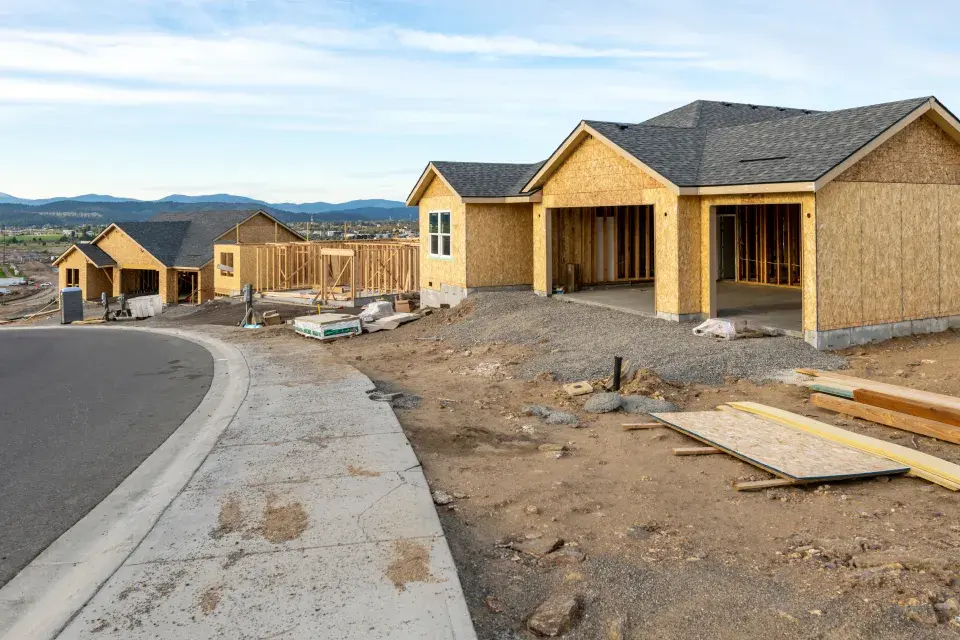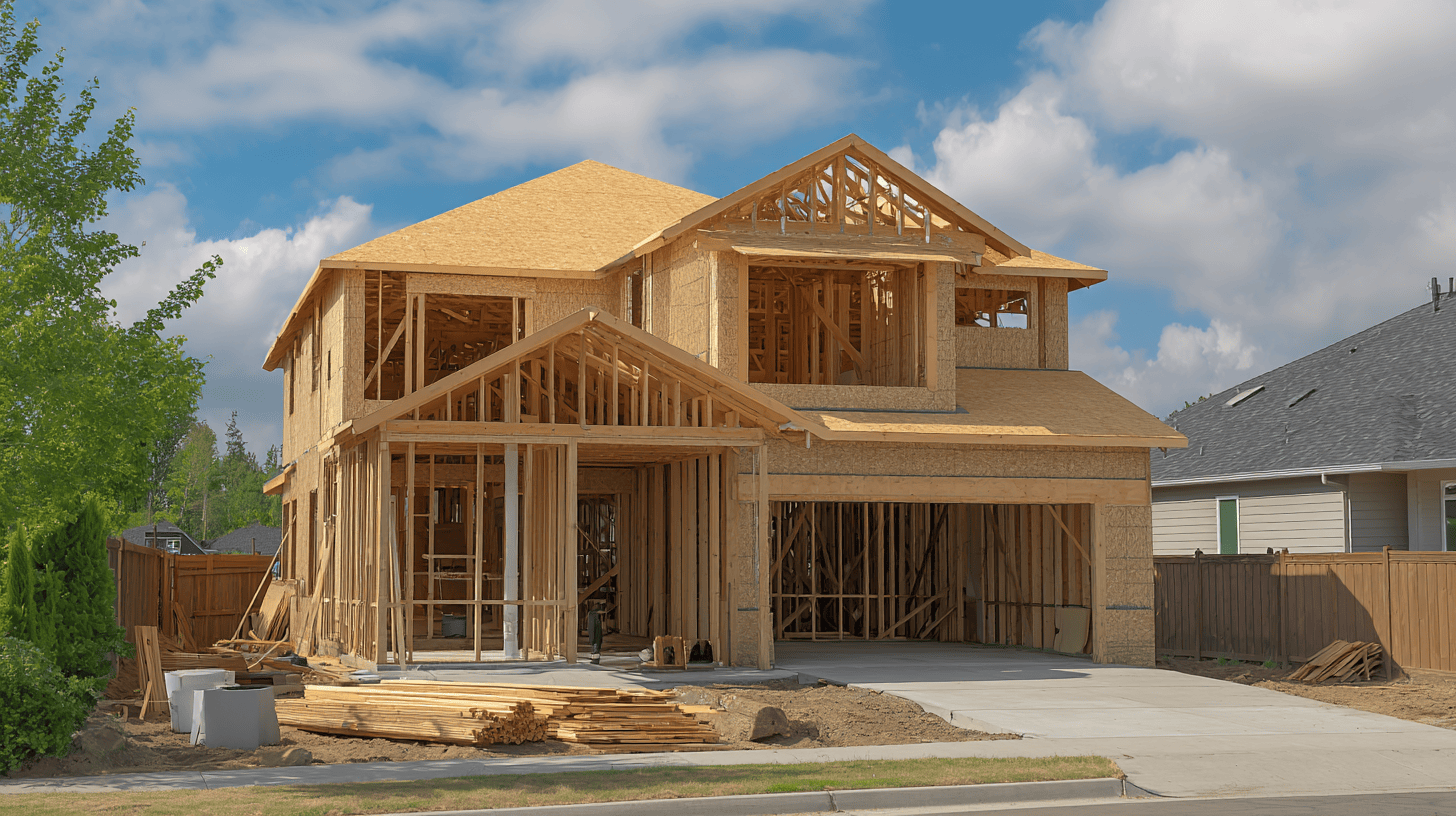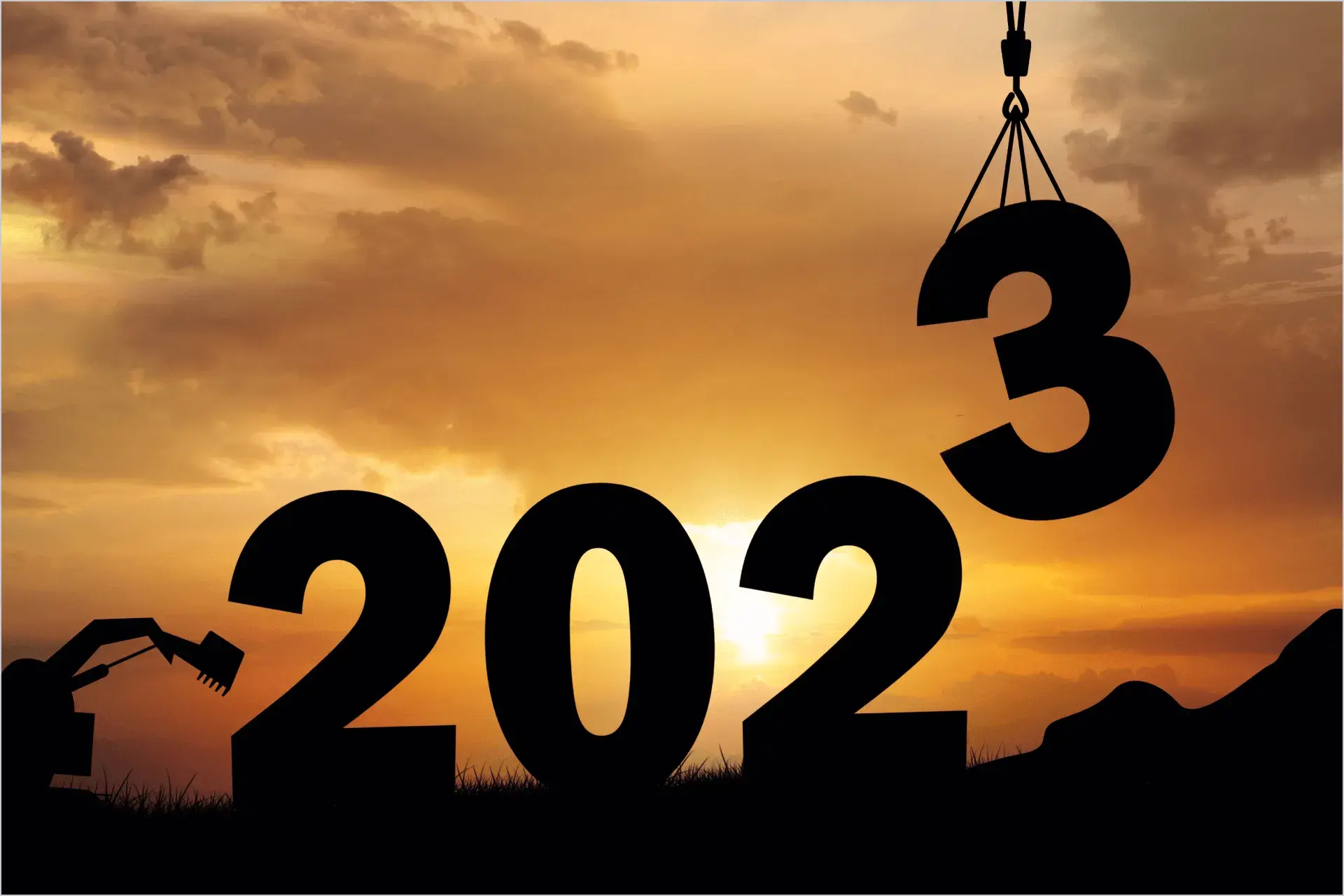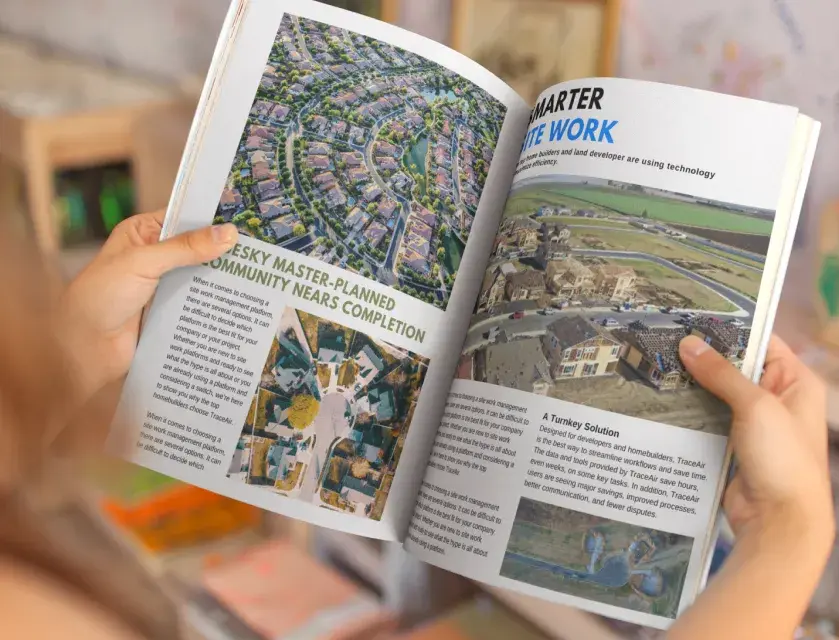4 min read
Winning at Vertical Construction: How Top Builders Stay Profitable in Today's Brutal Housing Market
The housing market isn't just tough right now—it's brutal. Mortgage Interest rates are still high, skilled workers are becoming harder to find, and...




